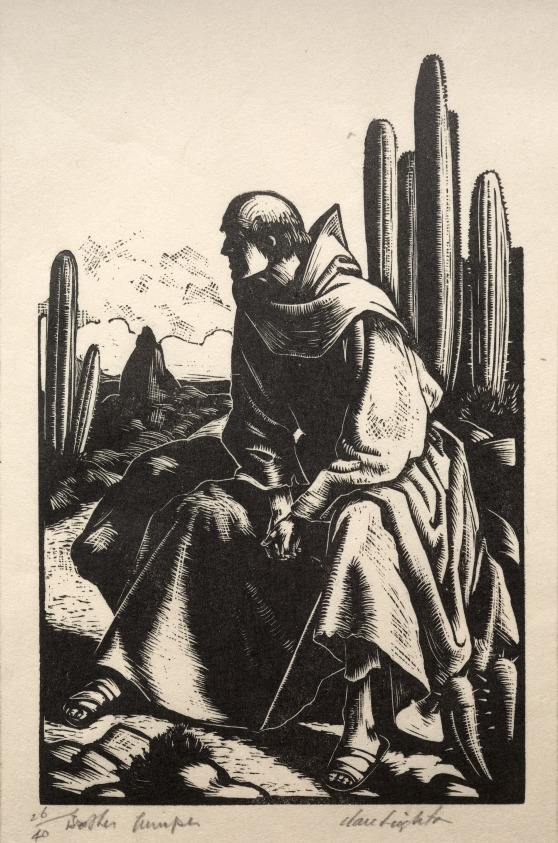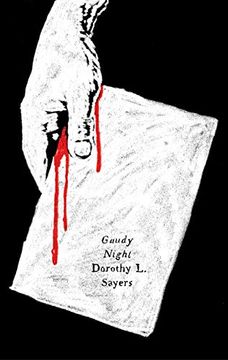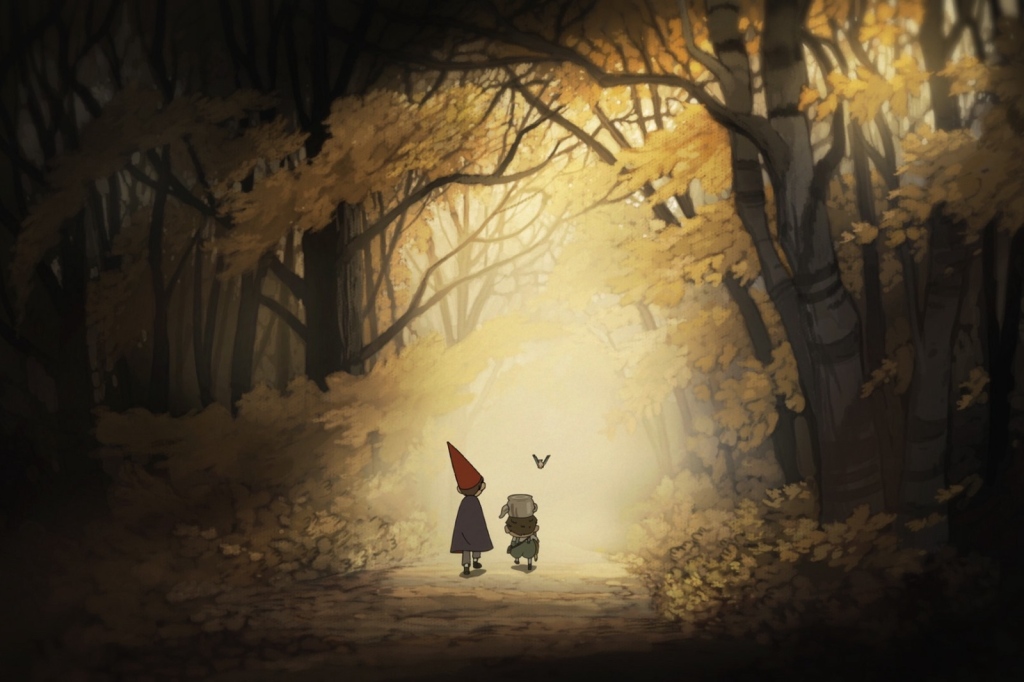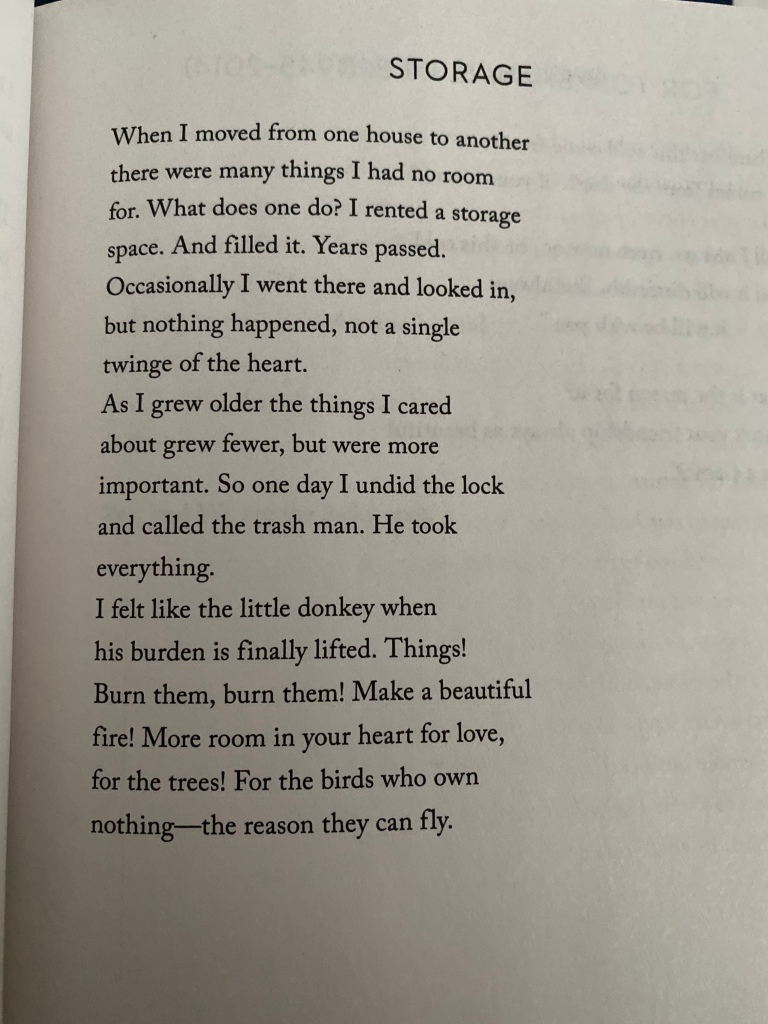Dorothy Sayers’ Gaudy Night is not a novel one reads for entertainment. It is, perhaps, what one would call a slow burn; yet even this description does not fully encompass the semi-philosophical musings of a popular mystery writer contemplating the gains and losses of pursuing an academic life, all set in the warm embrace of what is ostensibly a Golden Age detective story.
Harriet Vane is not, in my opinion, a particularly interesting (or particularly empowering) character. I am not sure why in this novel, or in any of the novels featuring Lord Peter Whimsy and Harriet Vane, Miss Vane is such a weak character. On the one hand, Sayers portrays her as this brilliant and successful (if modest) mystery writer who can track clues (or drop clues, as the case may be) with the best of them, yet every time Harriet comes across a real-life mystery, she becomes completely inept and invariably needs Lord Peter to swoop in and rescue her. (This of course also becomes problematic because their relationship is inherently predicated on inequality, although I am not sure if Lord Peter picks up on this; Harriet is certainly aware, which just makes it worse.)
Now, I should say that I honestly do not mind a good damsel-in-distress trope, but in this context the use of the trope is completely baffling to me. The first Harriet Vane novel has a solid reason for Lord Peter to come in and use his mental prowess to exonerate Harriet of the murder charges levied against her, but every novel after the first one repeats the trope with progressively more questionable purpose.
Thus we come to the main point of the novel: women in academia. At the time Sayers wrote Gaudy Night, women were not allowed to maintain a career in academia and get married and have a family; the idea being that the one would detract from the more central purpose of the other. It is into this social context which Harriet arrives when she visits Oxford.
The main mystery of the novel seems not to be the mystery of the poison-pen but the mystery of Harriet Vane. Does she prefer the pursuit of her career, and potentially the transition from mystery writer to academic, thus barring herself from married life? Or would she prefer the married life, choosing to spend her days with Lord Peter, who is completely besotted with her? Sayers examines this question from many angles, which causes this already long novel to drag on seemingly forever.
I’m really not sure what Sayers is trying to accomplish with this novel. It’s not a terribly good mystery; resolving the question of the poison-pen seems to be completely forgotten as so much ink is spent on Harriet’s internal conflict. (Honestly, it reminds me of the end of Orson Scott Card’s Speaker for the Dead – the plot the reader cares about is resolved, the novel is done, but oh yeah there’s that one thread about that fleet sent by Starways Congress that we forgot about, oops.) The story is confusing and meandering; there are too many characters, settings fall in and out of relevance, and the tone floats between lighter narrative and heavier philosophical.
Yet despite all of this, I actually really enjoy this novel. I’ve read it twice (I’m not sure I will read it again, at least for a while), and while the first time I read it for the romance, the second time I read it for the reflections on academia. I always thought that academia was one of the better careers to have while also having a family and being a mother, but there are always sacrifices one has to make, and in the end, I don’t know if anyone will ever have a truly good answer for the balance needed to both work and have a family. Sayers, knowingly or unknowingly, points out through the plot the classism inherent in being an academic and having a family versus being the help and having a family – both are societal impositions, but the academics are supposed to give up family and the help are expected to be able to manage without much or any aid from the people who “create” their jobs. It is certainly thought-provoking, and in the end, I think that is the most succinct way I can review this book.
(This is post 4/50 for my 50 Classics in 5 Years challenge. Time left: 2 years, 6 months.)



















